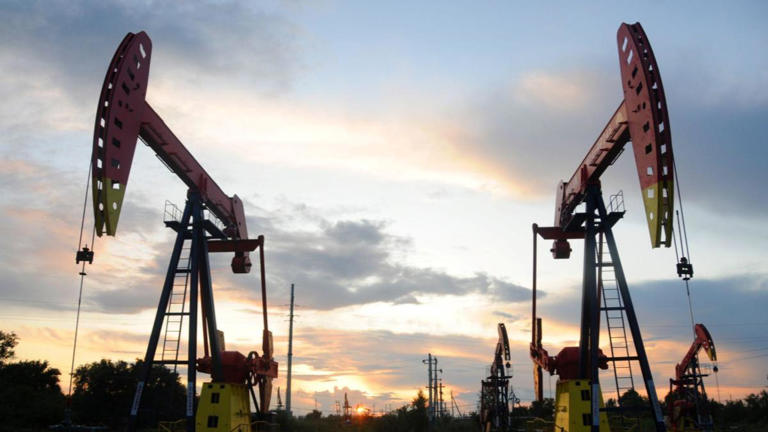
Puri, the Union Oil Minister, expressed his approval of the potential bid for a fixed-discount oil deal with Russia by a consortium of Indian state-owned refiners and Reliance Industries. He highlighted the importance of securing oil supplies at a discounted rate as India’s oil demand continues to rise. Puri also mentioned that the government aims for its refiners to secure at least one-third of their contracted supply from Russia at a fixed discount to protect the economy from volatile prices. While Puri acknowledged that the report on the joint OMC-Reliance move may not be entirely accurate due to the involvement of private players, he viewed the idea of collaboration positively.
Since Russia’s invasion of Ukraine, it has become a significant supplier of crude oil to the country, largely due to the generous discounts it offered. However, these discounts have recently decreased to a range of $3-4 per barrel, compared to the previous range of $8-10 per barrel. This change can be attributed to stricter enforcement of US sanctions on certain vessels.
Previously, Indian Oil Corp was the only refiner with a long-term supply agreement with Russia, but this contract expired at the end of March and has not yet been renewed. Bharat Petroleum Corp and Hindustan Petroleum Corp, the other two state-refiners, typically procure crude oil from Russia on a spot basis.
The discounts offered by Russia vary from shipment to shipment, and these state-refiners usually secure their supplies two months in advance. Last year, they received discounts of around $8-10 per barrel, but now they expect the discounts to be in the range of $3-4 or $3-6 per barrel. This information was provided by senior management at Bharat Petroleum Corporation (BPCL).
According to the company, most Russian supplies are currently on a spot basis rather than a term basis. The management stated that if there are no new geopolitical tensions or issues, they expect supplies to remain at similar levels.
Data from the Petroleum Planning and Analysis Cell revealed that in April, the country’s consumption of petroleum products, including gasoline, diesel, and jet fuel, increased to 19.9 million tonnes, compared to 18.7 million tonnes in the same period last fiscal year. Additionally, crude oil imports rose by 7% to 21.4 million tonnes.
In addition, Puri noted that despite uncertainties in the global oil market, oil prices have remained stable. He also mentioned the recent helicopter crash that resulted in the death of Iran’s President Ebrahim Raisi.
The minister anticipates that the oil markets will stay steady, emphasizing that there is a relatively balanced supply and demand situation. He acknowledged that despite the production cuts announced by OPEC+, the prices have remained stable.
“Despite all the uncertainties, the prices have held steady. I believe there are a few reasons for this. Firstly, the key players in the industry are not inclined towards engaging in large-scale conflicts. Secondly, there is a relatively balanced supply and demand situation. However, the current concern is the effectiveness of the recovery.”